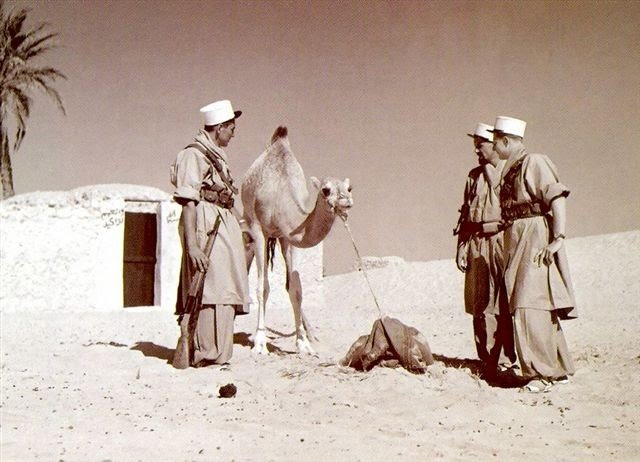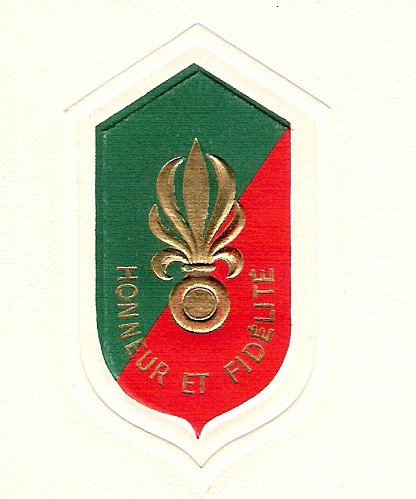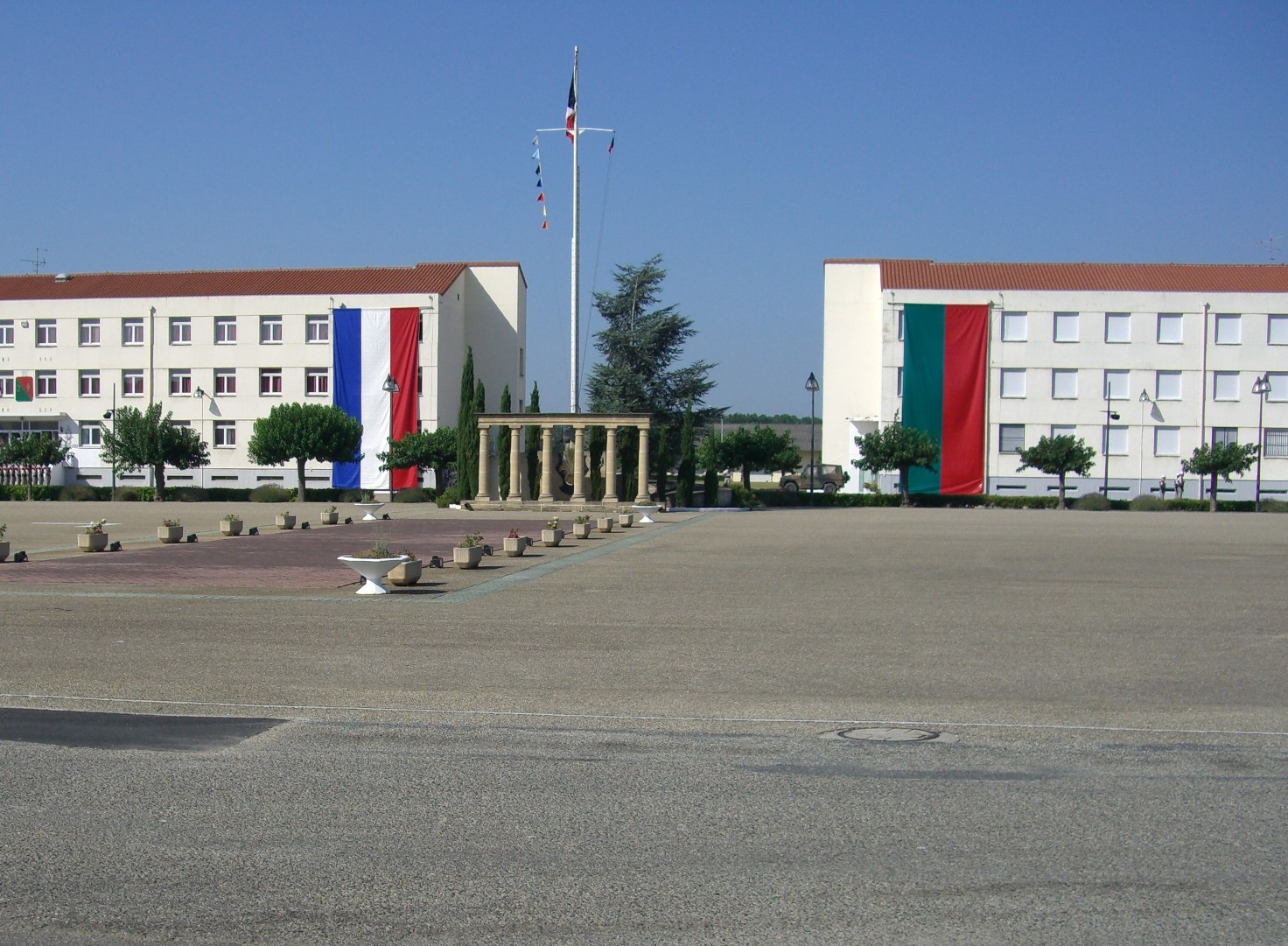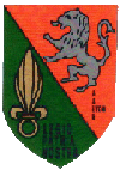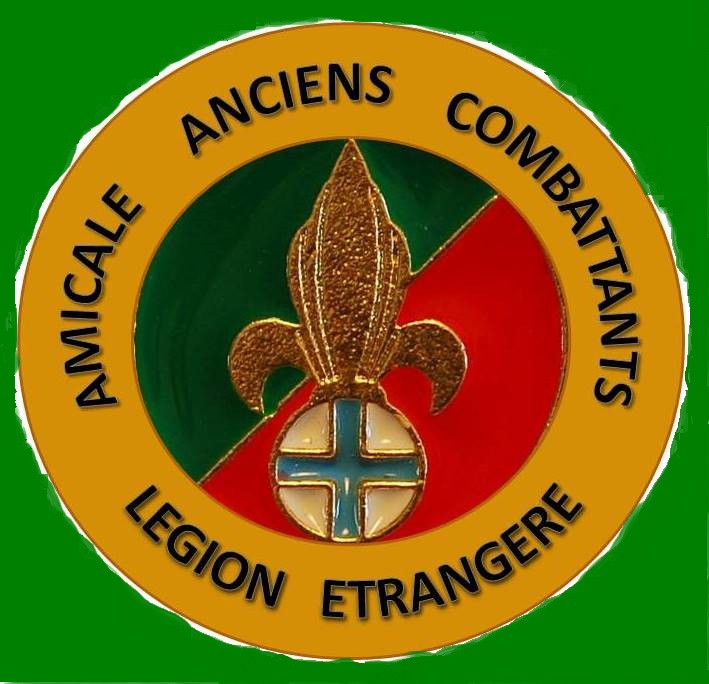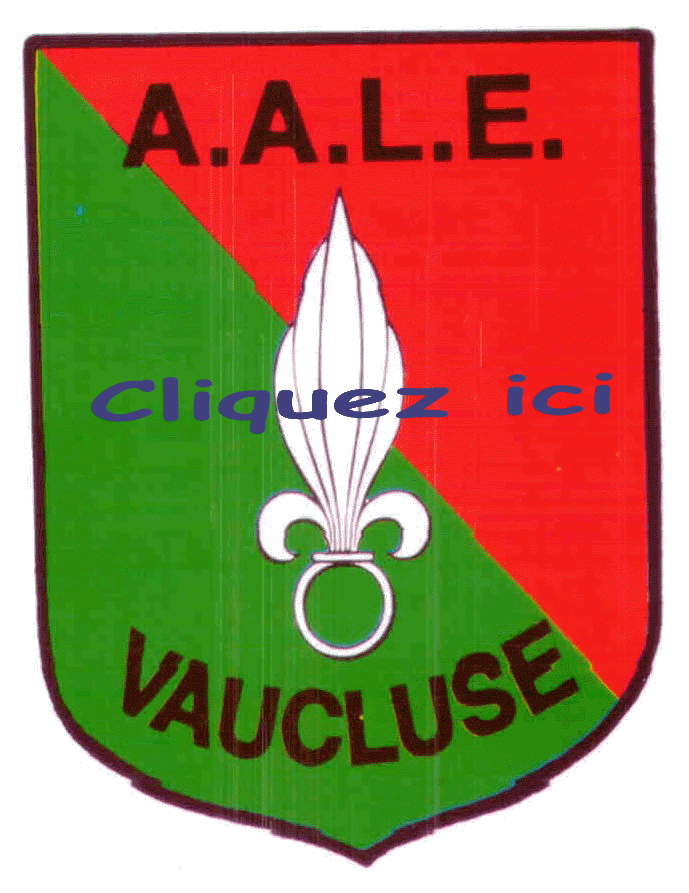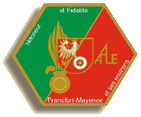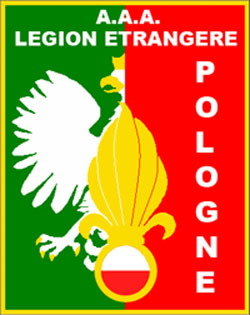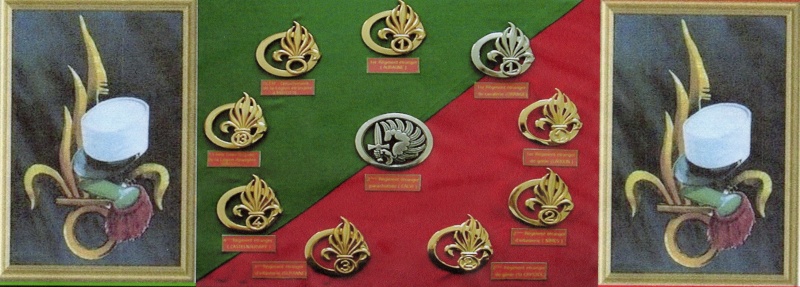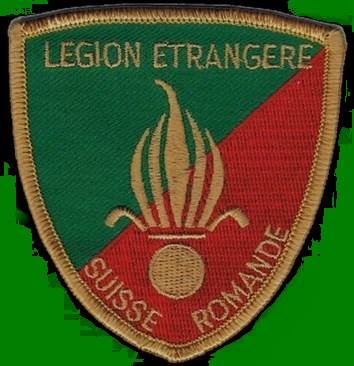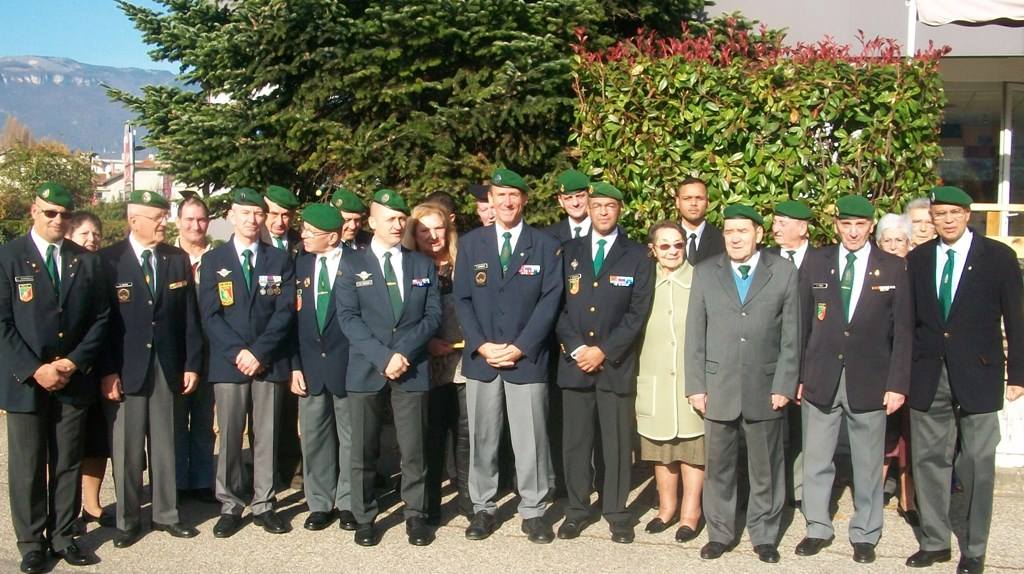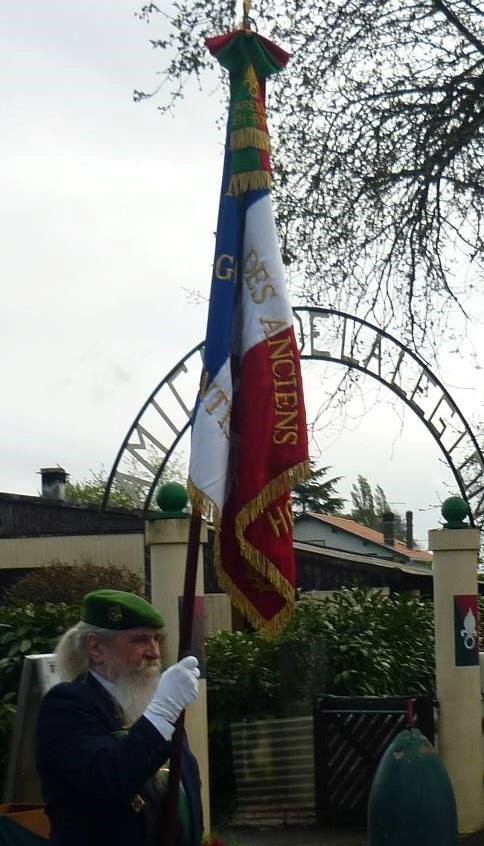
Several writers have noted that P. C. Wren (Major Percival Christopher Wren) is to be credited with creating the popular cultural image of the French Foreign Legion. It’s said that his novel, Beau Geste, was what sparked people’s interest in the Legion, spawned several Foreign Legion movies and carved out a fictional milieu that stands alongside westerns, pirates, private eyes and swashbucklers. Even Martin Windrow included an annex of Wren in his masterpiece on the classic era of the Foreign Legion, Our Friends Beneath the Sands. At first I was skeptical about this claim because it seemed to me that there was already common knowledge and familiarity (in the English speaking part of the world) with the Foreign Legion before Wren wrote his bestseller. Many American and English speaking volunteers joined the Foreign Legion in the early years of the Great War. Their accounts of the Legion related many of the same things that Wren would later include in his novels. Even before the war and well before Wren’s books there were accounts both fictional and nonfictional written about the Foreign Legion.
However, I have come around to ultimately agree that without Wren’s Beau Geste the popularity of the Foreign Legion would never be what it is today and would look entirely different. I even think that this popularity and fame may have later helped save the Foreign Legion from being finally disbanded during the time France was leaving their former colonies. I base this claim on the simple fact that Wren’s best selling Beau Geste novel was made into a Hollywood movie in 1926. This movie really captured the imagination of viewers during the Roaring 20′s and spawned several other Legion movies. Following Beau Geste were hundreds of Foreign Legion stories that appearing in pulp fiction magazines such as Argosy and Adventure. These continued from the early 1920′s until the mid 50′s. The remake of Beau Geste (starring Gary Cooper) came out in 1937 and cemented this genre into our popular culture. The Foreign Legion continued to attract popular attention in both fiction, movies and television throughout the 1940′s, 50′s and 1960′s. Their exploits in WWII, Vietnam, and Algeria were well publicized and always seemed to contain a reference back to Beau Geste. When France decided to finally pull out of North Africa there was an opinion that it would abandon the Foreign Legion as an outmoded colonial anachronism especially since they were implicated in a plot against the French president. In fact, the Legion’s elite 1st Parachute Regiment (1REP) was disbanded because if it’s involvement in the abortive 1961 coup attempt against President de Gaulle and many of the Legion’s officers had deserted or resigned and morale was at an all time low. De Gaulle relented however, possibly on the advise of his Defense Minister, and allowed the Legion to remain part of the French military but at a reduced strength. By 1964 the Legion was reduced to about 8,000 men. The 4th REI, 2nd REC had been disbanded and the last Legion unit finally left Algeria in 1967. Exactly why de Gaulle allowed the Legion to survive is not known but of all the French units only the Foreign Legion had such a reputation and popular image known around the world. To completely eliminate this famous force would have been too much punishment for such a renowned and highly decorated corps.
Beau Geste was not the only book that P. C. Wren wrote that featured the Foreign Legion. He started writing about the Legion in 1913 with The Wages of Virtue. He then wrote a collection of short stories about the Legion before he penned Beau Geste. Many of his short stories were later reprinted in the pulps (Argosy, Blue Book, The Thriller). I’ve compiled a chronological list of his works below, with some help from Wikipedia and FictionMagsIndex, that feature the Foreign Legion. Many of Wren’s other novels that are not on this list dealt with the British military in India. These appear to also be very interesting since he spent much of his military career there and became very knowledgeable of that area.
- The Wages of Virtue (1916 UK/1917 US, novel first wrote in 1913, published in 1916.)
- Stepsons of France (1917 UK/1917 US, short story collection. Many of these stories appeared again in The Thriller pulp magazine in the 1930′s.)
- Beau Geste (1924 UK/1925 US, best selling novel)
- Beau Sabreur (1926 UK/US, Novel, sequel to Beau Geste)
- Beau Ideal (1928 UK/US, Novel, sequel to Beau Sabreur)
- Good Gestes: Stories of Beau Geste, His Brothers, and Certain of Their Comrades in the French Foreign Legion (1929 UK/US short story collection)
- Soldiers of Misfortune: The Story of Otho Belleme (1929 UK/US, Novel mainly about a young man growing up without parents and his boxing career but the final chapters occur in the Legion)
- Sowing Glory: The Memoirs of “Mary Ambree” an Englishwoman in the ranks of the French Foreign Legion (1931, this novel supposedly was only edited by Wren since it is advertised as being written by a woman who served in the Legion disguised as a man. Unlikely story but interesting marketing gimmick. I have a copy and will eventually get around to posting a review.)
- Valiant Dust (1932 UK/US, novel and sequel to Soldier’s of Misfortune. Otho Belleme is in the Legion fighting Arabs. More Legion, less boxing.)
- Flawed Blades: Tales from the Foreign Legion (1933 UK/US, short story collection)
- Port o’ Missing Men: Strange Tales of the Stranger Regiment (1934 UK/1943 US, short story collection)
- Fort in the Jungle: The Extraordinary Adventures of Sinbad Dysart in Tonkin (1936 UK/US, Novel of the Legion in Tonkin featuring CPT Dysart who appeared in Wren’s Sinbad the Soldier and Action and Passion both of which were not about the Legion)
- The Uniform of Glory: Being the True Story of a Free Frenchman’s Night Out (1941 UK, comedic novel that features some mentions of the Legion and other French Regiments)
- The Hunting of Henri (1944 UK, short story. Nor sure if this was published as a novel since it is not very long.)
- Stories of the Foreign Legion (1947 UK, reprint collection of short stories, including The Hunting of Henri)
- Dead Men’s Boots and Other Tales from the Foreign Legion (1949 UK, reprint collection of short stories)
P. C. Wren lived from 01 November 1875 until 22 November 1941. He left us quite a reading list of classic Foreign Legion stories. Wren’s gravestone picture below was provided by Richard of Trailquest Adventures in Archeology.




































